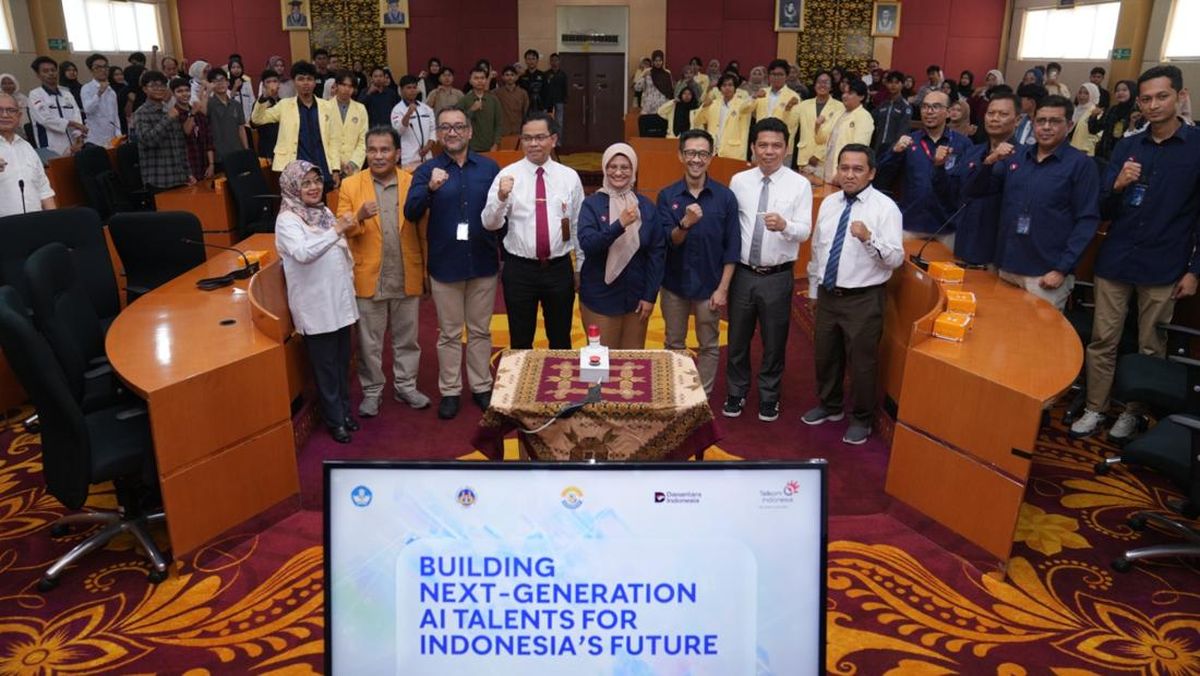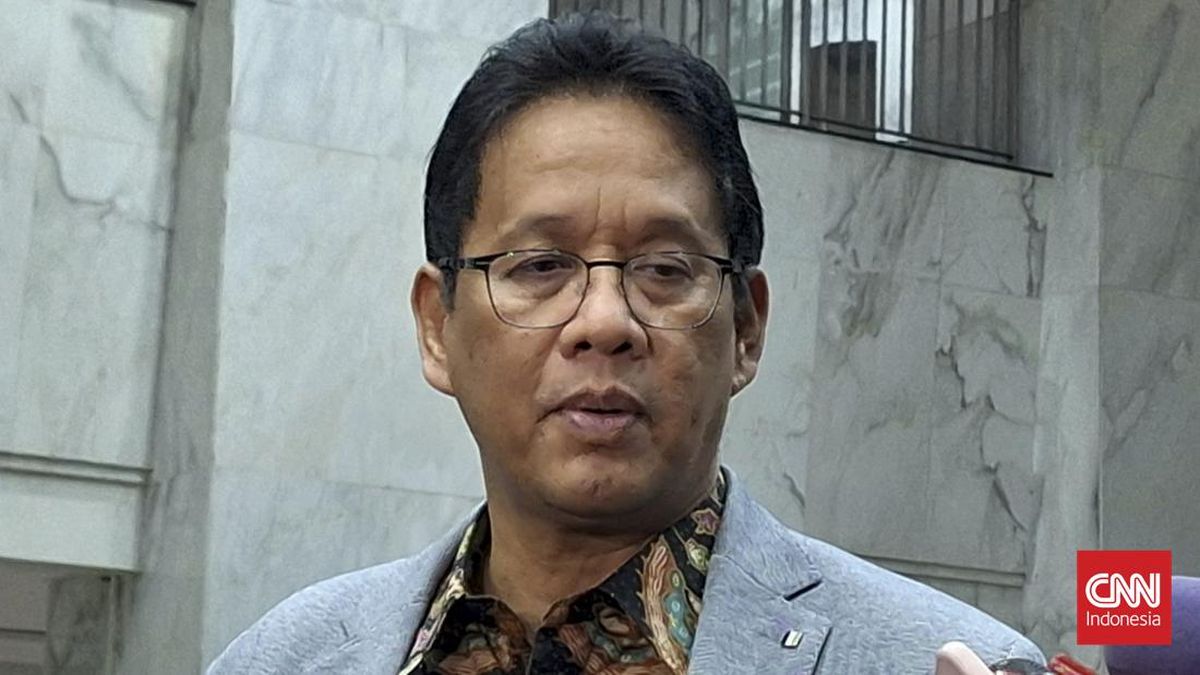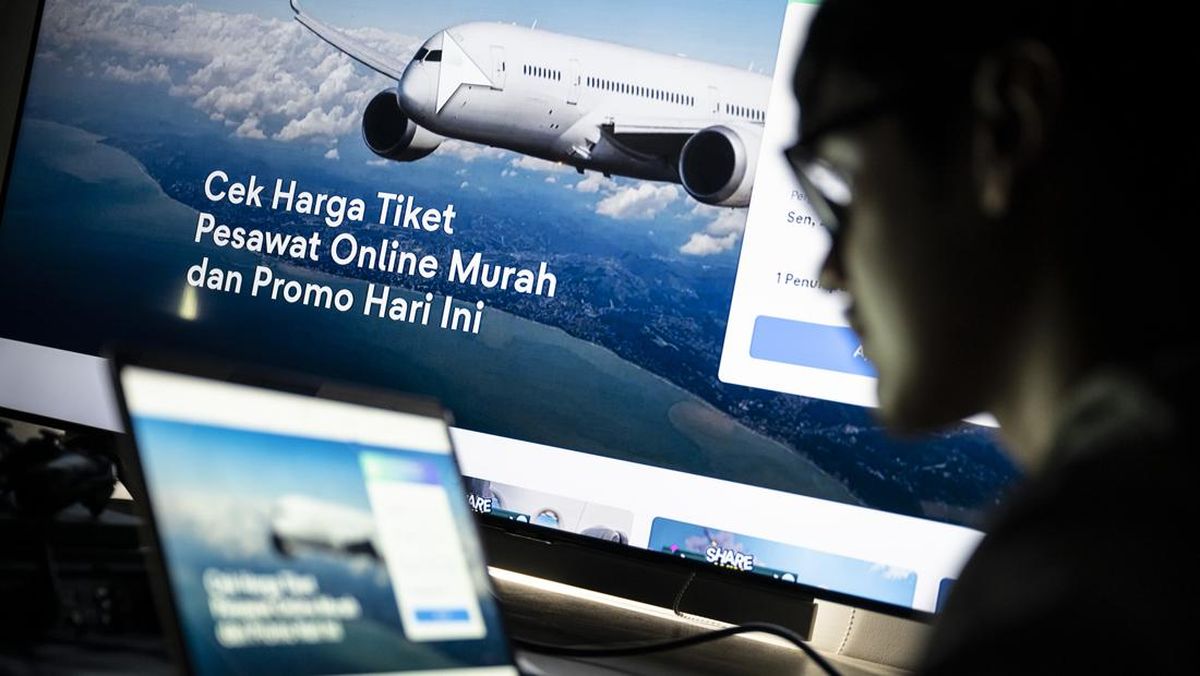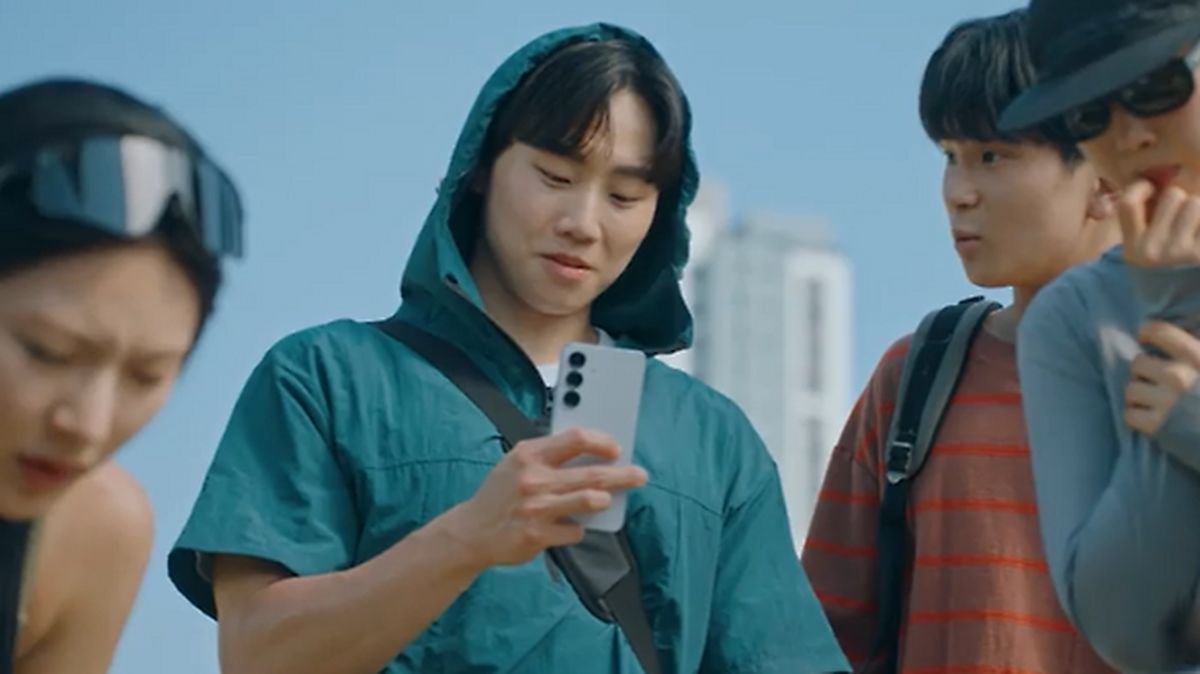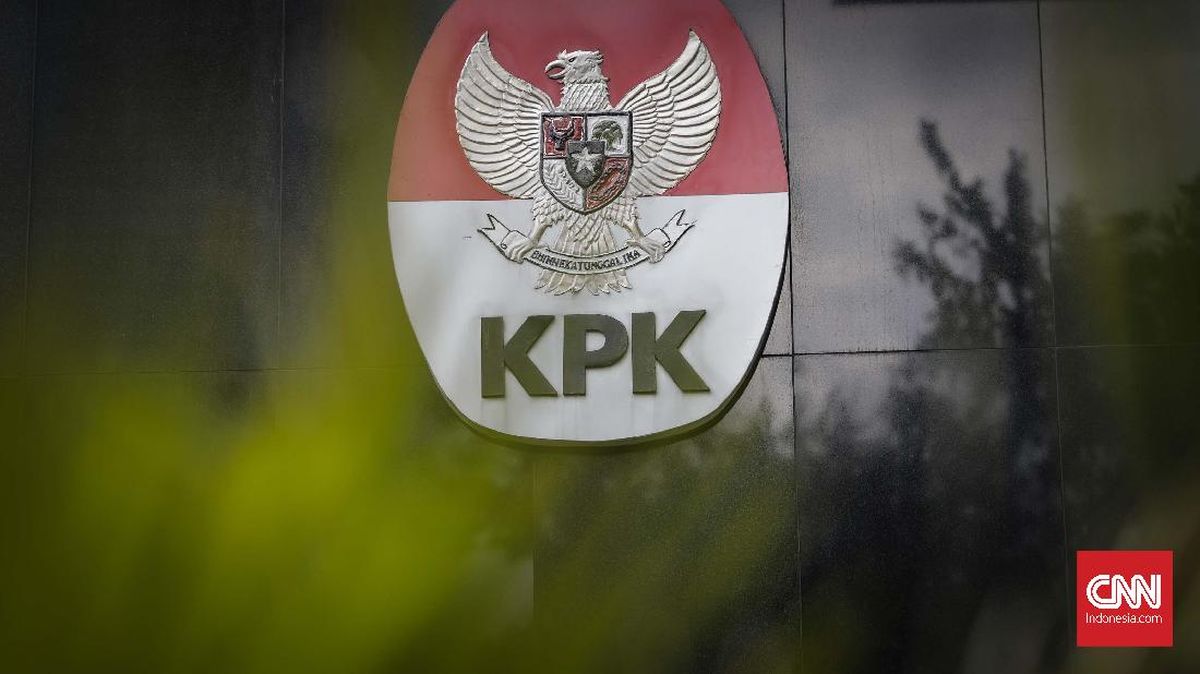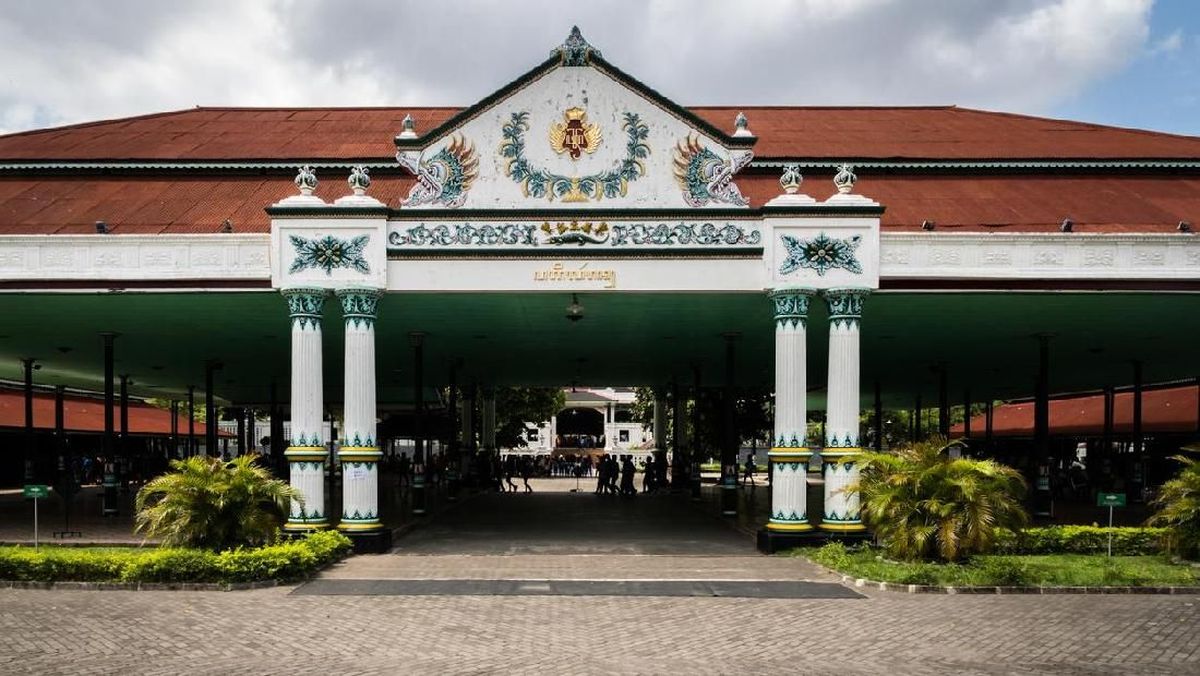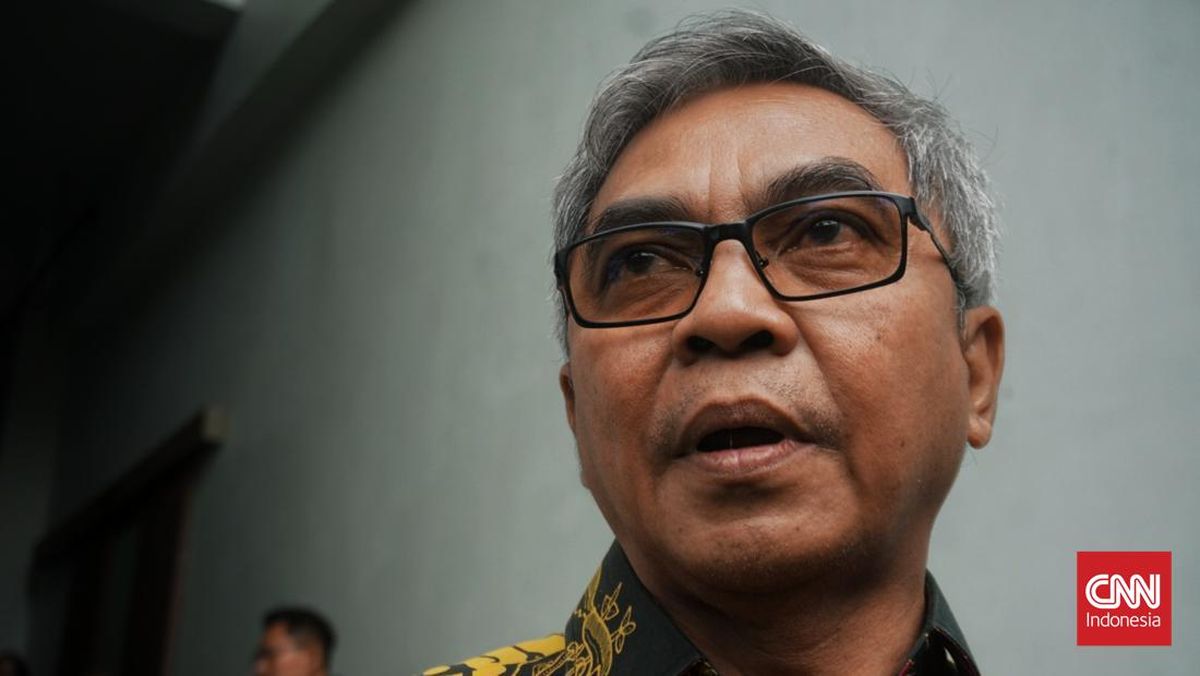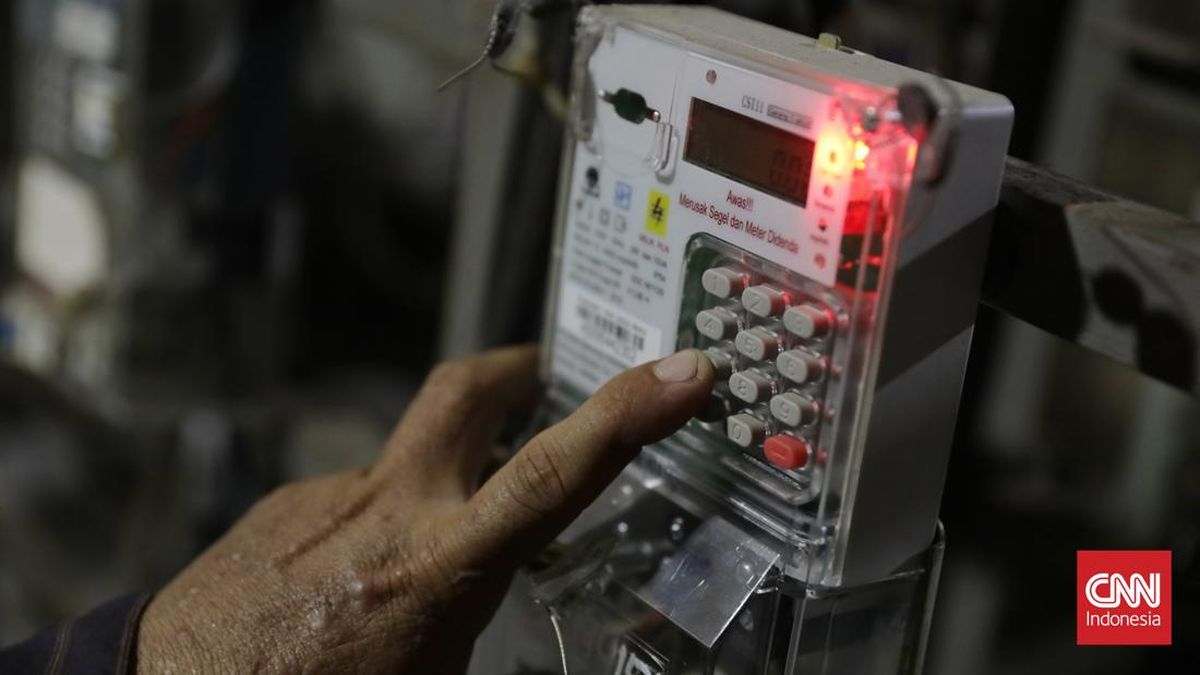Commercial operators could reserve sections of public campgrounds in national parks to offer services such as glamping under a proposal being explored by the NSW government which has been slammed as “privatising public assets”.
NSW National Parks and Wildlife Service has called for expressions of interest from businesses to provide “supported camping” in 16 national parks and reserves across NSW.
Selected commercial providers would be given early access to book out parts of campgrounds up to 365 days in advance, more than double the 180 days allowed for families.

The Basin campground in Ku-ring-gai Chase National Park is one of 23 campgrounds where commercial operators will be able to provide privatised services under a plan being explored by the NSW government. Credit: James Brickwood
The proposal states the scheme would make camping “more accessible” by providing “supported camping services”, such as tent or caravan hire, equipment delivery (for items such as bedding and cooking gear) and potentially food packages.
An invitation for businesses to express interest at 23 campgrounds across the selected national parks, including The Basin in the Ku-ring-gai Chase National Park, The Ruins in Booti Booti National Park, and two sites in Kosciuszko National Park, has been open since early September. Successful licenses will commence in March next year.
Greens environment spokeswoman Sue Higginson said the proposal was “regrettable” and inequitable, expressing concerns that the scheme was a “beachhead” for the further privatisation of public campgrounds.

If the plan proceeds, successful licenses will commence in March next year.Credit: James Brickwood
“The business model is so flawed and dreadfully misleading. It is a betrayal and a radical departure from the Minns government’s promise not to privatise public assets,” she said.
“They talk about increasing accessibility. If you mean that, hand on heart, you increase the number of campgrounds – there are not enough spaces as it is. You already have a tiny, tiny, tiny land base, and now you are going to exclude the community from it.”
Higginson said the cost of providing commercial operators with “exclusive access” to these spaces would limit the availability of cost-friendly holidays for families.
“This is not the business model you pursue, privatising sections of the park and providing exclusive use to license holders who can determine who can be there.”
The rollout of the supported camping scheme is limited to about 6 per cent of the state’s 365 campgrounds. NSW logged about 1.8 million overnight national park campground stays in 2023-24.
A spokesman for Environment Minister Penny Sharpe did not directly respond to questions, instead referring to comments made by the minister in parliament on Wednesday.
Sharpe told parliament during question time that the government was “in favour of supported camping”, and that the move was partially to improve accessibility for people who could not buy or carry “all the gear” and partly about “generating revenue”.
“We want as many people as possible to enjoy our national parks. We want to find people who will do that in a different way that does not depend on their being a super fit bushwalker,” she said.
Loading
The expression of interest released by NSW National Parks provided justification for the move to allow commercial operators. It included research that found “62 per cent of adults are already campers or are open to trying camping”.
“Notably, around 10 per cent have never camped before but are keen to try,” it stated.
“They are drawn to travel and nature but lack the necessary equipment or experience. By offering a service that provides fully set-up camping gear, we can make camping more accessible, encourage more people to explore the outdoors, and help them gain confidence.”
Opposition environment spokesman James Griffin noted Labor’s criticism of the former government’s plan to “steal the crown of multi-day walks in national parks from Tasmania” by establishing 13 multi-day walking trails.
“Ironically, Labor and the National Parks Association saw these walks and camping sites as privatisation by stealth,” he said.
Loading
“Hopefully, this contract will be value for money for the taxpayer, and be appropriately managed to ensure campaign sites remain in reach of families with budgets to think about.”
Under the proposal, successful businesses would receive a license of up to six years. In exchange, they would pay an annual, upfront fee of either $830 or $1245, depending on the location’s desirability, along with 5 or 10 per cent of the gross income earned from the licensed activity, according to the EOI.
Most Viewed in Politics
Loading




